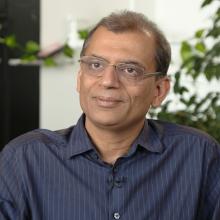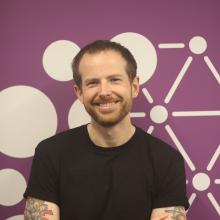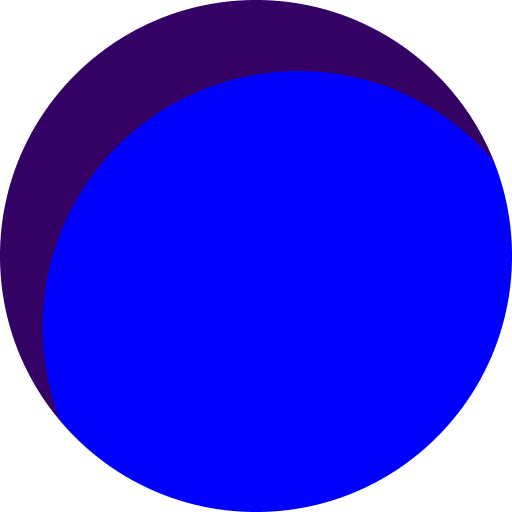Grand Challenges in Cognition
WTI Conference
Thursday, May 30, 2024
8:30 am - 5:00 pm
100 College Street
Floor 11, Workshop 1116
New Haven, CT 06516
The Wu Tsai Institute presents Grand Challenges in Cognition, our 2024 annual conference.
The goal of this year’s conference is to bring together Wu Tsai Faculty Members to identify key scientific challenges on the critical path to understanding human cognition and exploring human potential. Identifying these challenges is the first step in launching the Institute’s new team science initiative that will provide internal support for interdisciplinary, moonshot projects. View the agenda and speakers below.
Attendance is limited to Yale faculty who are also members of the Wu Tsai Institute. Registration is now closed.
Agenda
Continental breakfast will begin at 8:30 AM, and doors will open at 8:45 AM.
Institute director Nick Turk-Browne will welcome attendees and open the conference.
Chair: John Lafferty, Director of the Center for Neurocomputation and Machine Intelligence, John C. Malone Professor of Statistics & Data Science
In this session, we explore the potential of “foundation models” as a framework for studying the mind and brain. Researchers will discuss how some ideas used to train and deploy large language models for artificial intelligence (AI) systems might be adopted to model and integrate information from neuroscience data across species, tasks, and and spatiotemporal scales. Experimentalists and theoreticians will consider how this could form a platform to generate new insights and hypotheses about the general principles of cognition.
Session Keynote
9:30 AM | Foundation models for neuroscience by Blake Richards, Associate Professor of Computer Science and of Neurology and Neurosurgery, McGill University; Core Faculty Member, Mila (Quebec AI Institute)
10:15 AM | Session discussion + refreshments
Yale Speakers
10:30 AM | Brain circuits from multiple perspectives by Evelyn Lake, Assistant Professor of Radiology and Biomedical Imaging
10:45 AM | Building the ChatGPT of the brain: Foundation models for multi-modal insights into cognition by David van Dijk, Assistant Professor of Medicine (Cardiovascular Medicine) and of Computer Science
11:00 AM | Large language models to enhance complex scientific workflows by Arman Cohan, Assistant Professor of Computer Science
11:15 AM | Training a neural network to understand the language of the brain by Smita Krishnaswamy, Associate Professor of Genetics and of Computer Science
11:30 AM | Session discussion
Bag lunches will be provided.
Chair: Kia Nobre, Director of the Center for Neurocognition and Behavior, Wu Tsai Professor of Psychology
Most of our scientific understanding of cognition and behavior comes from highly controlled experimental settings. The advance of wearable, digital, and immersive technologies permits careful experimental manipulations and measurements as humans or animals behave in natural and ecological settings. The session will explore how our understanding of behavioral and brain processes can be upgraded and, in some cases revised, by studying natural behavior in active agents.
Session Keynotes
1:10 PM | Hippocampus 2.0 by Mayank Mehta, Professor in Departments of Physics, Neurology, Electrical and Computer Engineering, University of California - Los Angeles; Director, Center for Physics of Life
1:40 PM | Stress and cognition in daily life by Wendy Berry-Mendes, Charles C. and Dorathea S. Dilley Professor of Psychology, Yale University
2:10 PM | Session discussion + refreshments
Yale speakers
2:45 PM | Machines for neuroscience and neuroscience for machines by Abhishek Bhattacharjee, Professor of Computer Science
3:00 PM | Toward an understanding of the primate brain in the wild by Anirvan Nandy, Assistant Professor in Neuroscience
3:15 PM | Discovering cortical dynamics underlying environment exploration and navigation by Michael Higley, Associate Professor of Neuroscience, of Biomedical Engineering, and of Psychiatry
3:30 PM | Session discussion + refreshments
Attendees will discuss ideas presented from both sessions.
The conference will close with a reception in the 11th floor lounge area.






